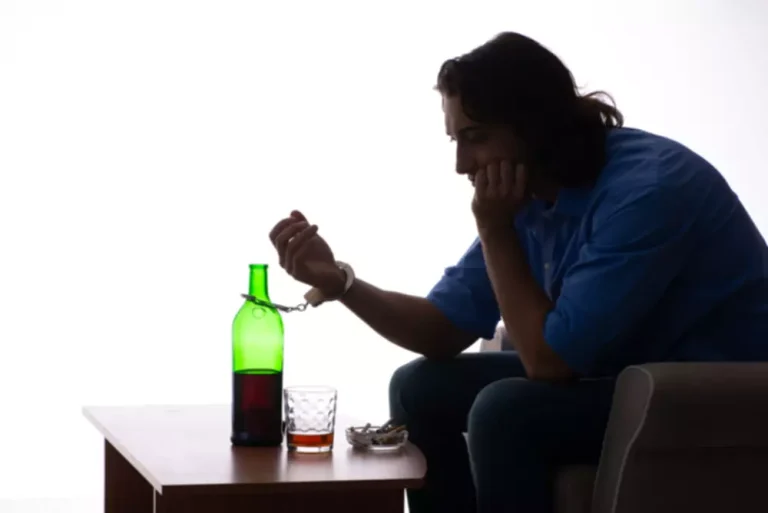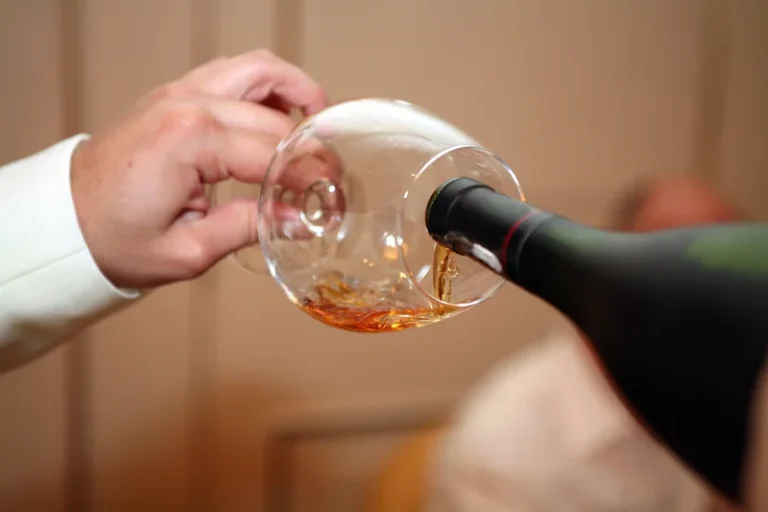Fetal alcohol deficits are lifelong issues with no current treatment or established diagnostic or therapeutic tools to prevent and/or ameliorate some of these adverse outcomes. Despite the recommendation to abstain, almost half of the women consume alcohol in pregnancy in the United States. During 2018–2020, 13.5% of pregnant adults in the United States reported current drinking, and 5.2% reported binge drinking in the past 30 days. Those with no usual health care provider and those reporting frequent mental distress were more likely to consume alcohol. Our analysis describes self-reported screening and brief intervention practices to assess alcohol use during pregnancy reported by a sample of US primary care clinicians. Few providers reported using tools specifically tailored to pregnancy (ie, T-ACE, TWEAK, 4Ps, 4Ps Plus, 5Ps).
Alcohol Consumption and Binge Drinking During Pregnancy Among Adults Aged 18–49 Years — United States, 2018–2020
However, we know that it is not only people who identify as women who may want to access this information. Your care should be appropriate, inclusive and sensitive to your needs whatever your gender identity. This information is for you if you are pregnant or are planning to have a baby. It may also be helpful if you are a partner, relative or friend of someone who is pregnant or planning a pregnancy. If you feel uncomfortable chatting with them about things that may affect your pregnancy, find a new doctor.
Are some kinds of alcohol less harmful than others?
While researchers of both studies controlled for confounding factors, such as if the father also smoked, it isn’t possible to account for every single potential contributor. « Human studies are extremely messy – there are a lot of confounding factors there, » says Golding. « What is the individual’s diet? Do they exercise? There are a whole bunch of things there that make it incredibly difficult. » In July 2024, meanwhile, a study found that if fathers drank alcohol before conception, foetal growth appeared to be impacted. Numerous reliable sources and studies (like the one we mentioned above) mention that alcohol use in the first trimester may increase miscarriage risk.
National Institute on Alcohol Abuse and Alcoholism (NIAAA)
The information here aims to help you better understand your health and your options for treatment and care. Your healthcare team is there to https://ecosoberhouse.com/ support you in making decisions that are right for you. They can help by discussing your situation with you and answering your questions.
« There’s a social stigma to drinking in pregnancy, which is a good thing, » Garry says. There is no known safe amount of alcohol alcohol during pregnancy that you can consume if you are pregnant. It is best to discuss any drinking patterns with your healthcare provider.
FASD Disabilities in Children
- While we’ve long known that heavy alcohol consumption during pregnancy can cause these problems, the effects of an occasional glass of wine is less understood.
- If you need help to stop drinking alcohol, tell your health care provider right away.
- It’s also difficult to predict the impact of drinking on any given pregnancy because some women have higher levels of the enzyme that breaks down alcohol.





